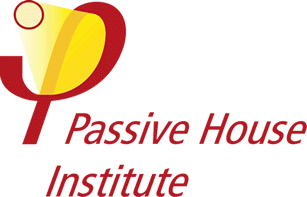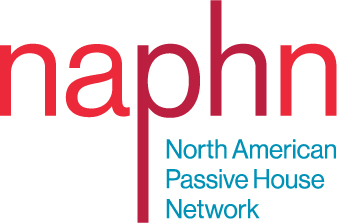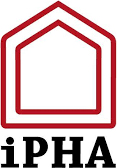Free Screening of Documentary on Super-Efficient Buildings, Monday, April 14, 7 PM Coffeed, 37-18 Northern Blvd., LIC, NY 11101
Note: This is a Resilience NYC Meetup Event
Resilience NYC Meetup hosts a free screening of documentary “Passive House Revolution,” its NYC premiere. Special guest after the screening is architect Tom Paino, who turned his LIC home into a super-efficient but controversial Passive House.
It’s part of a series of sustainability film screening and discussion events this spring at Coffeed Cafe, on the second Monday of each month at 7 PM. Coffeed, downstairs from the famous Brooklyn Grange rooftop farm, is providing free coffee and home-baked pastries for the events.
Buildings use nearly 50% of all energy used in North America today. The Passive House standard has been spreading across Europe for 20 years, a set of practices for building and retrofitting structures that use 80% less heating and cooling energy than average, much less than those from LEED-certified buildings, a green building standard common in the US. Climate scientists say we need to reduce our CO2 emissions by 80% as quickly as possible. Spreading the Passive House standard will be an important part of our response to climate change.
Following the screening, we’ll hear from architect Tom Paino, who renovated his Long Island City row house to become the first Passive House in Queens. As the NY Daily News and Queens Brownstoner noted, some Queens residents found the dramatic black, grey and white tile facade to be unattractive. However, the project was hailed in an extensive and positive review by US Dept. of Homeland Security.
http://www.fema.gov/mitigationbp/brief.do?mitssId=9932
http://queens.brownstoner.com/2014/03/architect-responds-to-critics-of-his-tile-facade/
http://www.nydailynews.com/new-york/queens/passive-house-architect-rebuffs-critics-article-1.1710746
There will be a facilitated discussion about how to make our neighborhoods more sustainable and more resilient. A resource guide with links to existing NYC programs will be provided.

























